President Bola Tinubu’s administration has been marked by significant political developments that underscore his influence over Nigeria’s current political landscape. Since assuming office in May 2023, Tinubu has implemented a series of reforms and strategic decisions that have reshaped the nation’s political dynamics.
In May 2025, the ruling All Progressives Congress (APC) officially endorsed President Tinubu for re-election in the 2027 presidential race. This endorsement highlights the party’s confidence in his leadership and the economic reforms he has initiated, including the elimination of fuel subsidies and currency liberalization. While these measures have revitalized Nigeria’s economy, they have also sparked domestic criticism due to the resulting cost-of-living crisis. Despite these challenges, the APC’s endorsement reflects Tinubu’s strong political standing within the party. (reuters.com)
In April 2025, President Tinubu dismissed the entire 11-member board of the Nigerian National Petroleum Company (NNPC), signaling a commitment to reforming the oil sector. He appointed Bashir Ojulari, a former Shell executive, as the new CEO, aiming to restore investor confidence and address issues of mismanagement and embezzlement. This move underscores Tinubu’s influence over key state-owned enterprises and his determination to revitalize Nigeria’s oil industry. (ft.com)
However, Tinubu’s political influence has faced challenges. In August 2024, several northern groups and former Vice President Atiku Abubakar criticized the president for alleged lopsided appointments, particularly in the heads of security agencies, claiming a dominance of the Southwest in these positions. This criticism highlights regional tensions and perceptions of favoritism within the administration. (guardian.ng)
Additionally, in October 2023, reports emerged of discontent among Tinubu’s close allies and party elders regarding his governance style and policy decisions. Concerns included difficulties in accessing the president, advising him on national issues, and fears that the administration might lose credibility if economic challenges persist. This internal dissatisfaction suggests that while Tinubu maintains significant political influence, there are emerging challenges within his own party. (guardian.ng)
Despite these challenges, Tinubu’s administration continues to exert considerable influence over Nigeria’s political landscape. His strategic decisions, economic reforms, and political maneuvers reflect a leadership style that seeks to consolidate power while navigating the complexities of Nigeria’s diverse political environment.




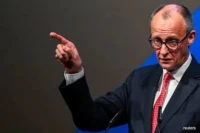
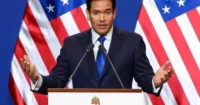
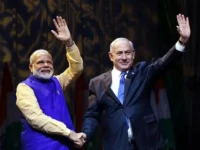

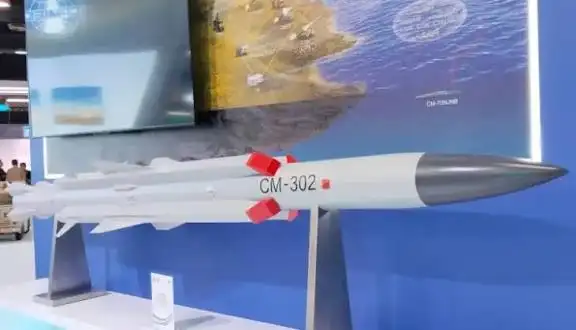
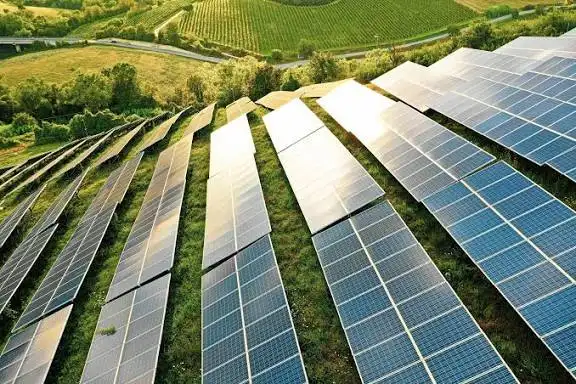
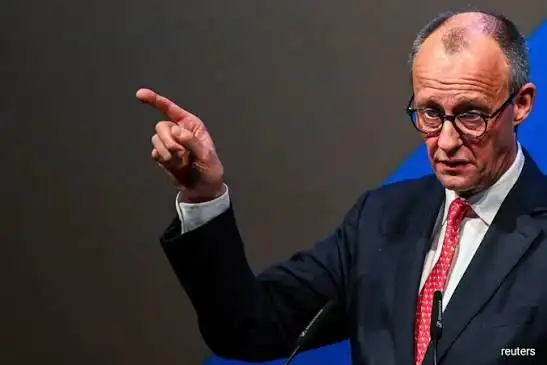
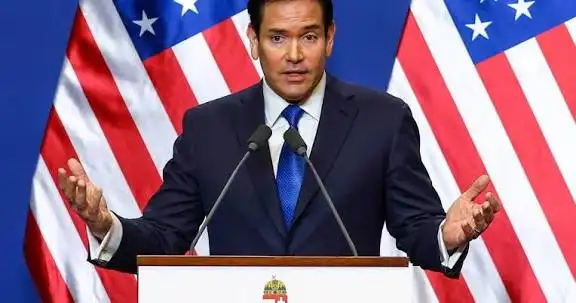
Tinubus influence is undeniable, but is it for the better or worse? Lets dive deeper into the complexities of Nigerian politics.
Hmm, I wonder if Tinubus influence is really shaping Nigerias future or just causing more political chaos. What do you think?
I disagree with the articles portrayal of Tinubus influence. Hes a key player in Nigerias politics, not just a pawn.
I wonder if Tinubus influence is truly shaping Nigerias current administration or if its just hype. What do you all think?
Tinubus influence in Nigerias politics is undeniable, but is it for the better or worse? Lets discuss! 🤔 #controversialtopics
Is Tinubus influence truly the key to Nigerias current administration? Lets discuss the complexities and implications in depth!
I think Tinubus influence in Nigerian politics is undeniable, but how much power does he really hold in the current administration? Lets discuss!
Im not convinced Tinubus influence is as significant as claimed. Lets consider other factors shaping Nigerias current administration.
Tinubus influence in Nigerias politics is undeniable, but is it for the better or worse? Lets discuss!
I think Tinubus political influence in Nigeria deserves more scrutiny. Is he a kingmaker or just another politician? Lets discuss!
I find it fascinating how Tinubus influence in Nigerias politics is both praised and criticized. What are your thoughts on this?
I think Tinubus influence in Nigerias current administration is underestimated. His strategic political maneuvering deserves more recognition.
I think the article overlooks Tinubus grassroots support and strategic political maneuvers. His influence goes beyond whats portrayed here.
Do you think Tinubus political influence is overstated or underestimated? Lets discuss the real impact! #NigerianPolitics #TinubuInfluence
Do you think Tinubus influence is overrated or underestimated in Nigerias administration? Lets hear your thoughts! 🤔